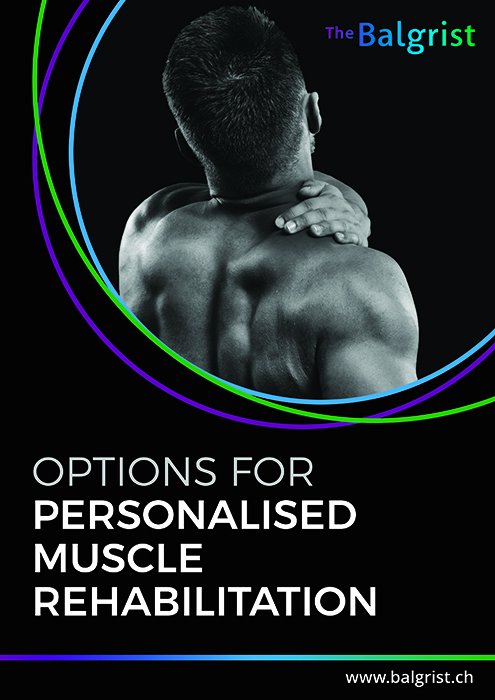Martin Fluck from Balgrist University Hospital outlines options for personalised muscle rehabilitation and research on molecular and cellular mechanisms
Balgrist University Hospital is recognised worldwide as a highly specialised, leading centre of excellence for assessing, treating and following up on all types of musculoskeletal injuries. Research undertaken is concerned with the mechanisms of clinical plasticity in skeletal muscle.
Soft tissues demonstrate a graded capacity to respond to the impact of external stimuli with molecular and cellular adjustments that improve their capacity to withstand the original impact. The molecular-diagnostic assessment of muscle’s adaptive potential provides indications on how bottlenecks in the current therapy of musculoskeletal defects can be overcome. This may permit to personalise surgical and rehabilitative approaches to maximise adaptive stimuli and allow a faster and stronger recovery of handicapped individuals.
Research approach and strategy
The Laboratory for Muscle Plasticity at Balgrist University deploys state-of-the-art methodology to expose the molecular and cellular mechanisms underpinning unsolved musculoskeletal phenomena of the orthopaedic patient. The aim is to identify biological bottlenecks which target open venues for novel inventions that can halt muscle deconditioning and degeneration.
In this ebook, Prof. Dr Fluck highlights active areas and scientific background of research at the University towards a personalised approach to musculoskeletal health. In 2016, the Laboratory integrated its activities with brand new research facilities within the Balgrist Campus. The Lab offers a unique setting which combines dry and wet labs in a unique open space landscape that fosters interactions between academic, industrial and medicinal partners.
Where next?
Dr Fluck also outlines the next phase for the laboratory for muscle plasticity, which aims at translating the insight gleaned on the genetic markers of clinical muscle plasticity into novel applications which allow personalised rehabilitation. Towards the end, they call for interactions with academic and industrial partners, and health care providers, being interested in developing their research approach and findings into applicable interventions which can maximise the rehabilitative effect.


